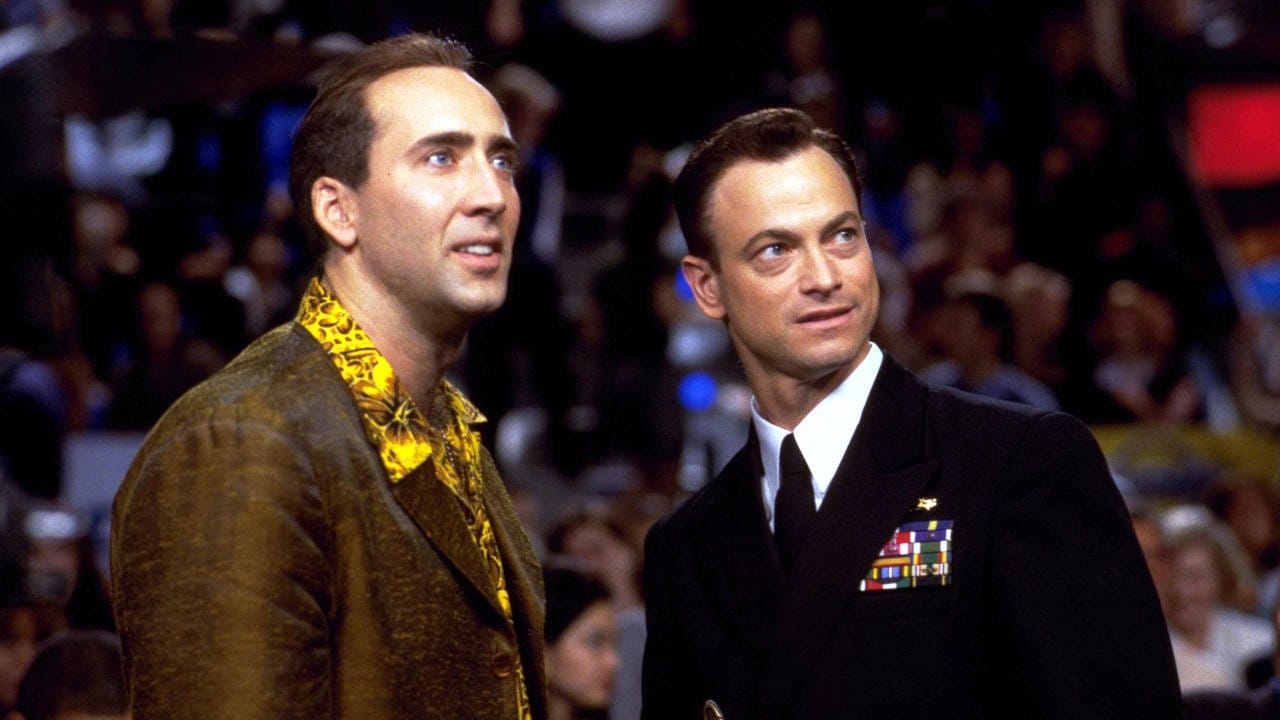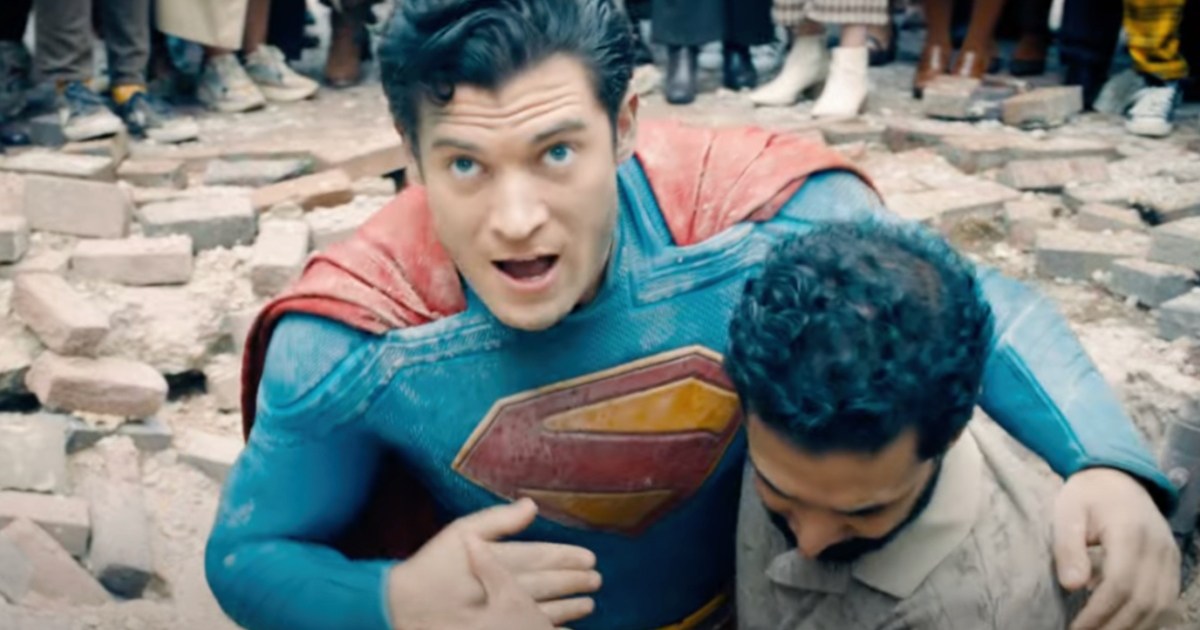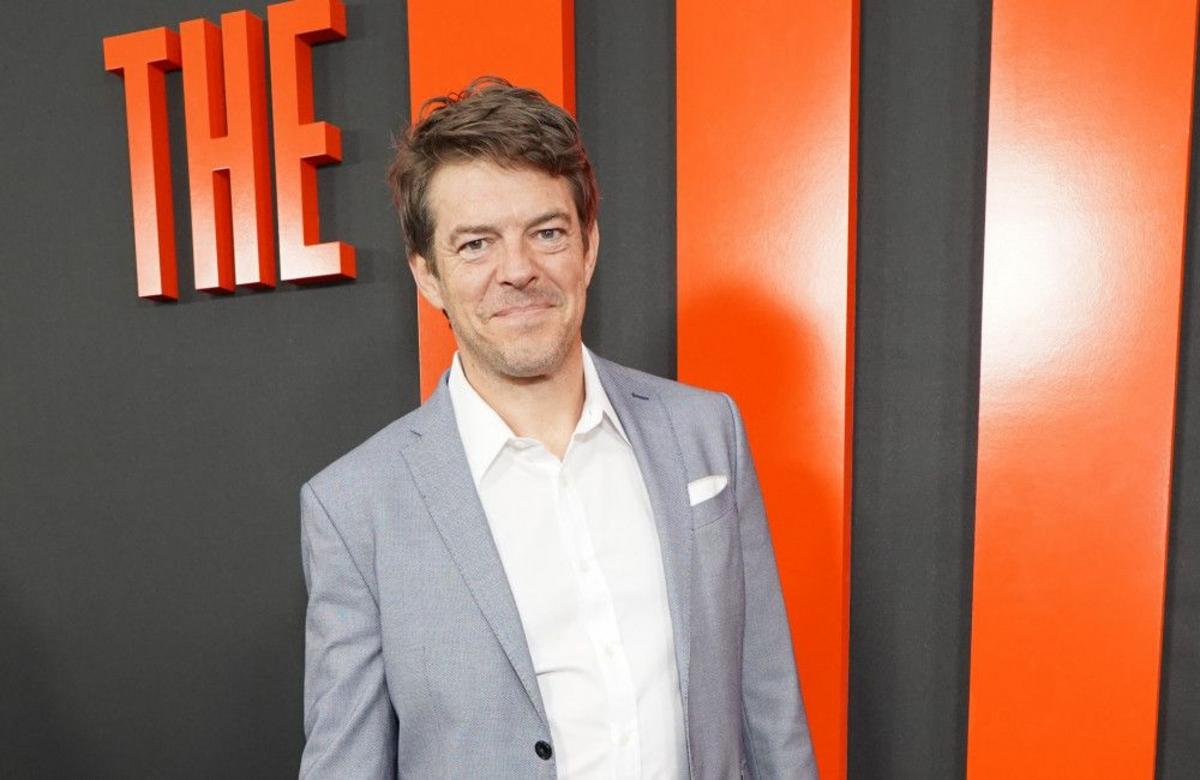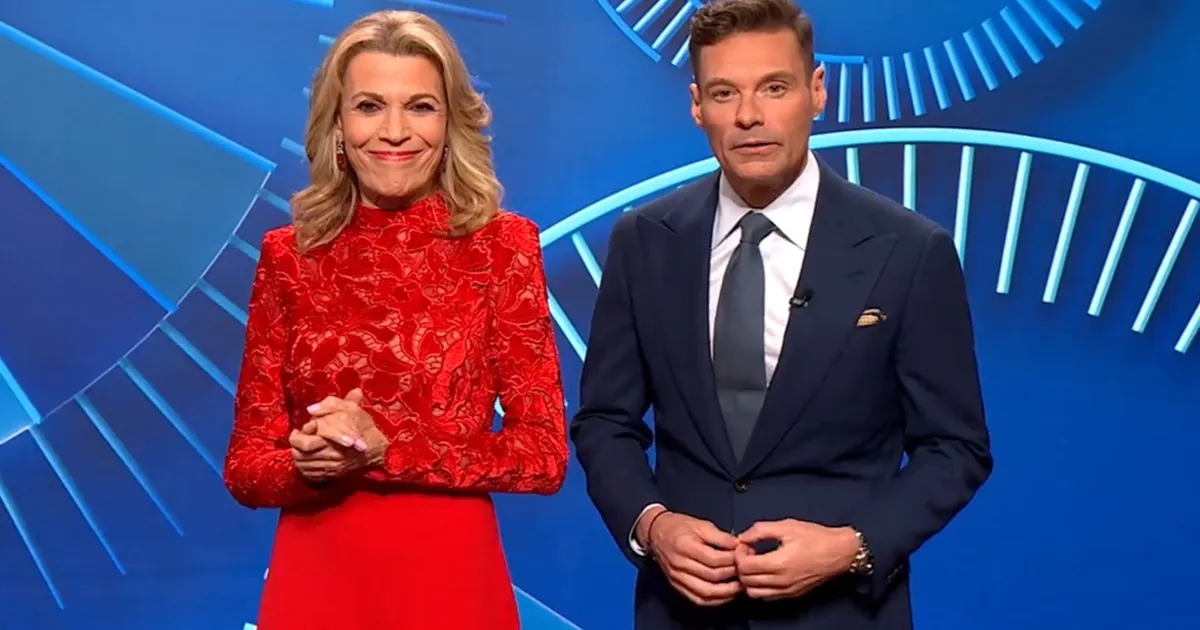The 1998 thriller Snake Eyes is the most underrated and misunderstood film in esteemed filmmaker Brian De Palma’s career. Unfairly derided as a B movie beneath the talents of everyone involved, Snake Eyes is the closest thing De Plama ever made that could act as a follow-up to his most critically successful effort, 1980’s Blow Out. It’s perhaps little surprise then that the film was originally intended as a star vehicle for Blow Out leading man and two-time De Palma collaborator John Travolta, but with that performer’s Face Off co-star Nicolas Cage now in the lead as a flamboyant, easily corruptible New Jersey detective, the film that emerged has a lot more edge, energy, and vibrancy than many of the critic of the day noticed.
In an opening that provides callbacks to previous De Palma films (cameras pulling back to reveal the viewer is watching a broadcast within the film and not the film itself), Snake Eyes follows the manic exploits of snappily dressed blowhard Ricky Santoro, played by Cage. Ricky is making his way through the arena at a casino in Atlantic City on the night of a blockbuster boxing match. It’s the last big event for the casino, before it’s razed to make way for condos being put up by a Trump-styled real estate tycoon (John Heard). That is, unless the hurricane that’s rolling through doesn’t destroy everything first.
Across what’s meant to look like twelve minute long single take (with hidden cuts), Ricky establishes himself as a big shot with an oversized ego to match. He tries to get in with the Heavyweight Champion (Stan Shaw) before the big fight. He shakes down a drug dealer (Luis Guzman). He flirts with one of the ring girls, even though he takes several calls from his wife and kid back home. Most notably, however, he reconnects with Kevin Dunne (Gary Sinise), an old friend in town as part of the Secret Service detail assigned to protect the Secretary of Defence at the fight. Not long into the fight, a series of interlocking events and strange coincidences transpire that lead to the secretary getting shot. Taking charge of the investigation before the FBI can swoop in and steal all the glory (and so he can cover for his friend, who clearly dropped the ball on keeping the dead guy alive), Ricky shifts into detective mode, locks down the arena, and starts unravelling a conspiracy that his shady morals might cause him to turn a blind eye towards.

The comparisons to Blow Out throughout Snake Eyes are numerous and as obvious as the giant American flags that keep appearing throughout some of De Palma’s wide shots and close-ups. But enough time had passed between those projects that what once was old hat for De Palma suddenly seems new again. Working from a script De Palma co-wrote with David Koepp (who’s seeing a career renaissance at the moment thanks to his recent collaborations with Steven Soderbergh), the filmmaker utilizes the same sense of style and pacing for a late nineties sensibility and mindset where all subtlety has been thrown out the window in favour of rampant capitalism. Atlantic City, a place New Jersey native De Palma has gone on record saying he has little love for, is depicted as a gloomy, exploitative cash grab where everyone is on the take.
In addition to a solid assist from Koepp – who knows their way around a twisty narrative where spin and subterfuge are key components – De Palma gets major stylistic support from frequent collaborator Stephen H. Burum’s clever, story focused cinematography that hides clues in plain sight throughout, and legendary composer Ryûichi Sakamoto’s outstanding, perpetually slept on score. All the hallmarks of classic De Palma are on display (split screens, overhead tracking shots, canted angles, a mysterious woman who may hold the key to solving everything, played nicely by Carla Gugino), but Snake Eyes was still dismissed by many at the time for being an old dog showing they weren’t capable of new tricks.
Sure, Snake Eyes is guilty of a couple of cardinal sins. It inarguably gives away its biggest reveal far too early, and the obviously re-shot ending doesn’t send things out with a grand payoff. But everything outside of that is solidly constructed thriller material, anchored by some wonderful work by Cage. Fans who like their Cage erratic and hyperactive will adore the earlier stages of the film, but the actor balances all of this out nicely as Ricky grows wearier and more self aware over the course of the evening. The pairing of this performer with the material is impeccable.
Recently restored and released on 4K Blu-Ray for the first time from Kino Lorber, Snake Eyes looks even better than it did upon its theatrical release, adding an additional layer of slickness and sheen to an already glistening thriller. While it would be nice to someday get a glimpse of the film’s original, visual effects heavy ending that saw the hurricane outside causing a biblical level flood (something that has only been glimpsed in brief clips that have leaked online and never in full), the film itself carries the day as the disc’s greatest asset. Snake Eyes might not be one of De Palma’s top five best films, but it certainly belongs in the conversation when talking about his capabilities as a stylist and storyteller.




